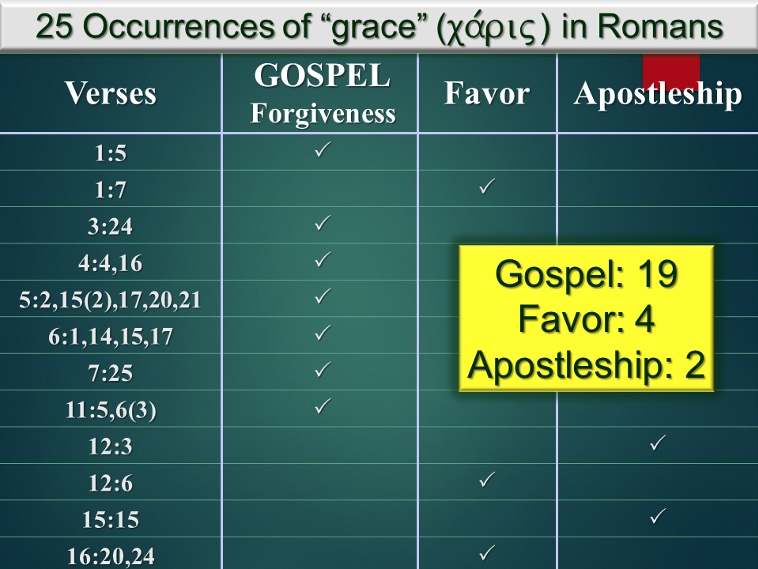I like coffee. Coffee has been on my mind lately, as yesterday, a friendly neighbor gave me a Keurig pod of a type of coffee called Espresso. This was a special Italian dark brew and WOW was it just about the strongest coffee I have ever had in my life!
Like I have already said, I have been thinking a lot about coffee lately, so when I saw this picture, I had to use it in a post, so, I put a 3D frame and then a regular frame around it just to emphasize its importance. Admittedly, this picture is not perfect ( no period after the last “e” ) but I like what it says and so what, very little I do comes even close to being perfect. But my efforts aren’t really that important, but the message is: Christ Offers Forgiveness For Everyone Everywhere! No matter who you are, no matter where you are, forgiveness is offered to you.
Recently, I was in church and I saw a presentation on the video screens that listed all the “greatest” attributes of John 3:16. I wish I could remember them all, but I can’t. Instead, I thought I would list a number of translations for comparison study. I read them all and personally, I like Young’s Literal Translation the best, followed by The Emphasized Bible by Rotherham. BUT, they all convey the message of the abbreviation in the picture, so your choice is just as good as mine. Actually, the best choice is probably one of the Greek presentations, but my Greek is a little fuzzy these days, so I will leave the minute emphasis of that language up to the scholars. I hope you enjoy thinking about the message of John 3:16 ( in English ), for one could easily spend hours upon hours taking in all the greatness of it!
The Bible says...
John 3 ( World English Bible )
16 For God so loved the world, that he gave his one and only Son, that whoever believes in him should not perish, but have eternal life.
John 3 ( American Standard Bible )
16 For God so loved the world, that he gave his only begotten Son, that whosoever believeth on him should not perish, but have eternal life.
John 3 ( Webster Bible )
16 For God so loved the world, that he gave his only-begotten Son, that whoever believeth in him, should not perish, but have everlasting life.
John 3 ( Disciples Literal New Testament )
16 “For God so loved the world that He gave His only-born Son, in order that everyone believing in Him may not perish, but may have eternal life.
John 3 ( Emphasized Bible - Rotherham )
16 For God, so loved, the world, that, his Only Begotten Son, he gave,––that, whosoever believeth on him, might not perish, but have life age–abiding. ( Emphasis by Gary )
John 3 ( Holman Christian Standard Bible )
16 “For God loved the world in this way: He gave His One and Only Son, so that everyone who believes in Him will not perish but have eternal life.
John 3 ( Young’s Literal Translation )
16 for God did so love the world, that His Son--the only begotten--He gave, that every one who is believing in him may not perish, but may have life age-during. ( Emphasis by Gary )
John 3 ( Literal Standard Version )
16 for God so loved the world that He gave the only begotten Son, that everyone who is believing in Him may not perish, but may have continuous life.
John 3 ( King James Version [ + Strong’s numbers] )
16 For G1063 God G2316 so G3779 loved G25 the world G2889, that G5620 he gave G1325 his G846 only begotten G3439 Son G5207, that G2443 whosoever G3956 believeth G4100 in G1519 him G846 should G622 not G3361 perish G622, but G235 have G2192 everlasting G166 life G2222.
John 3 ( Byzantine Greek New Testament )
16 ουτως γαρ ηγαπησεν ο θεος τον κοσμον ωστε τον υιον αυτου τον μονογενη εδωκεν ινα πας ο πιστευων εις αυτον μη αποληται αλλ εχη ζωην αιωνιον
John 3 ( Apostolic Bible Polyglot )
God Loves the World
16 ούτω γαρ ηγάπησεν ο θεός τον κόσμον ώστε τον υιόν αυτού τον μονογενή έδωκεν ίνα πας ο πιστεύων εις αυτόν μη απόληται αλλ΄ έχη ζωήν αιώνιον
I know, I know, perhaps listing the Greek texts was a bit too much. Please forgive me for that, but if you do know Greek, then you will be doubly blessed.
What really is important though, is that you take a little time and think about how God loves you, whoever you are, whatever you have done in your entire life. I have… and its humbling to the extreme!
Your friend because of Christ,
Gary Rose









